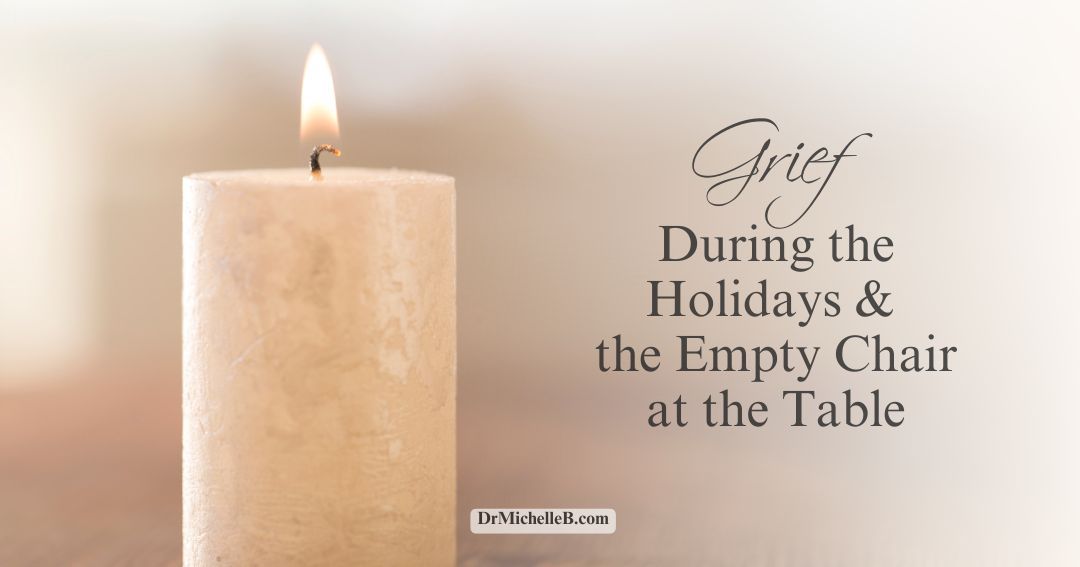How to Help Children Understand Death
This is a subtitle for your new post

When a child experiences loss, what should you say? Children will ask questions like, “Where did grandpa go?” and “What happens when people die?” Studies have shown that allowing children participation in the bereavement process is helpful for their overall understanding and healing. Attending a funeral or burial of a loved one is part of the ritual that helps children, as well as adults. Speaking openly to a child, in appropriate ways for their age, actually helps children.
Children are often afraid of what death feels like, or what would happen if a parent dies. “Does death hurt?” they may ask. When a child brings up the subject of death before a death has occurred, it’s important for parents to have an open and honest discussion at the child’s stage of development. Experts have found it helpful to bring home a book or two on loss – whether people or pets – to help the child’s understanding if they bring up the subject before a real death. When a loss actually occurs, many resources including excellent books written and illustrated in a way children understand, products, and online resources are available. In this newsletter, we’ll provide some of our top picks to help get you started.
Losing a Pet is Often Child’s First Loss
Sometimes the first loss a child experiences is that of a pet – such as their beloved Goldfish, small animal or family pet. This presents an excellent opportunity to help a child begin understanding the natural process of death, and what to do with their feelings. Ben Riggin, CEO of PawPods, states, “We wanted to help children understand the process of death through what is often their first loss – a pet goldfish. We created a small FishPod, which is a tiny casket for pet fish that can be buried in a backyard. Children can paint the fish’ name on the pod, take part in a miniature version of a burial, and plant the heart seedling packet on top of the little grave.” The FishPod is is being used as a teaching aid by parents to help their child or children understand death, often before a more significant loss occurs in their family.
When an important person or pet has died, it’s important to understand that children process what is said to them. If they are told, “They went away,” a child may have an open question in their mind that the person or pet may return. There are many ways to explain to a child what has happened so they gradually come to understand that there will be no return. In the resources we’ve provided below, you will find many specific answers on how and what to say. The problem of grieving is that it’s an affair of the heart, and is often a private one at that. In the case of a child, it’s important for their own healing to help open up and talk about the loss. The books below will help you do that.
We’ve compiled a list of our favorite children and caregivers’ books. Keep in mind there are dozens of other excellent choices, if you wish to look further. Each of the Links will take you to the page where you can read reviews and take a look at the book. We hope you find our picks useful.
Our Top Book Picks to Help Children With Grief, Loss and Bereavement
(With Direct Links to each Amazon page for ordering, reading reviews and sneak peeks inside each book):
- The Elephant in the Living Room, Amanda Edwards & Leslie Ponciano, Published 2014
Find it here: http://amzn.to/1yGTEpt
- Sad Isn’t
Bad: A Good-Grief Guidebook for Kids Dealing with Loss, Michaelene Mundy & R. W. Alley, Paperback – Published 2006
Find it here: http://amzn.to/1rybYva
- I Miss You: A First Look at Death, Pat Thomas & Leslie Harker, Published 2001
Find it here: http://amzn.to/1nO9KMN
- When Your Grandparent Dies: A Child’s Guide to Good Grief, Victoria Ryan & R. W. Alley, Published 2002
Find it here: http://amzn.to/1wAic2R
- Help Me Say Goodbye: Activities for Helping Kids Cope when Someone Special Dies, Janis Silverman, Published 1999
Find it here: http://amzn.to/1xBKbhL
Our Top Product Pick for Teaching Children About Pet Loss:
Eco and Environmentally Friendly FishPod, or other animal PawPod, (FishPod is under $10)
Find it here:
http://PawPods.comOur Top Picks for Caregivers to Learn How to Help Children:
(With Direct Links to each Amazon page for ordering, reading reviews and sneak peeks inside each book):
- Lifetimes: The Beautiful Way to Explain Death to Children, Bryan Mellonie & Ingpen, Paperback – Published 1983
Find it here: http://amzn.to/ZZD1sx
- Healing a Child’s Grieving Heart: 100 Practical Ideas for Family, Friends and Caregivers, Alan D. Wolfelt, Ph.D., -- Published 2001
Find it here: http://amzn.to/1FTxjJX
- How Do We Tell the Children? A Step-by-Step Guide for Helping Children Cope When Someone Dies, Dan Schaefer, Christine Lyons, and David Peretz, -- Published 2010
Find it here: http://amzn.to/1wKnlIh
















